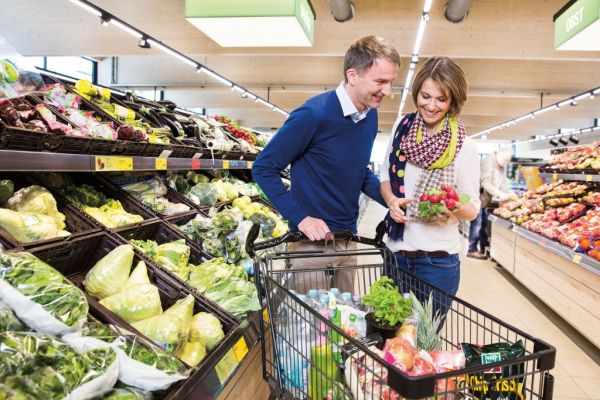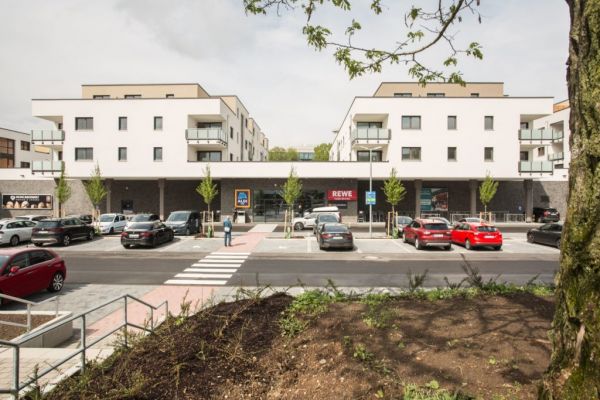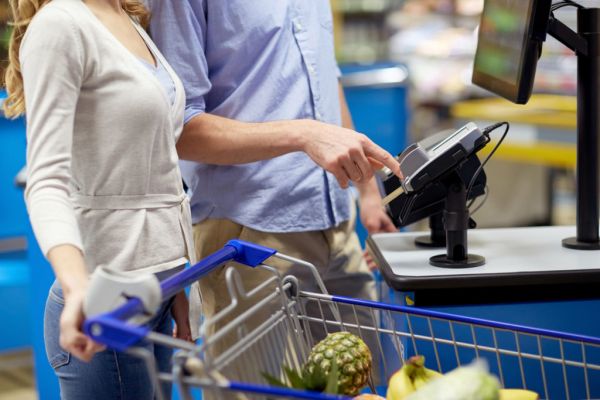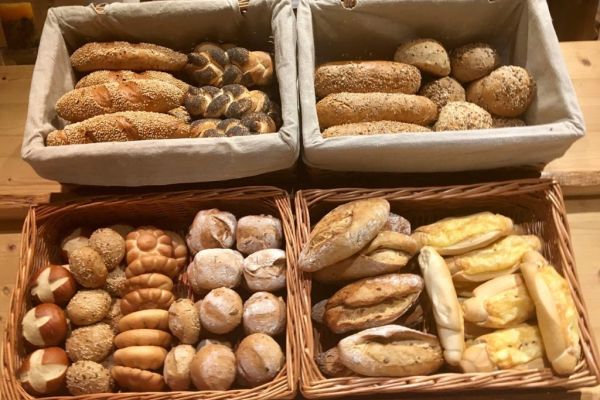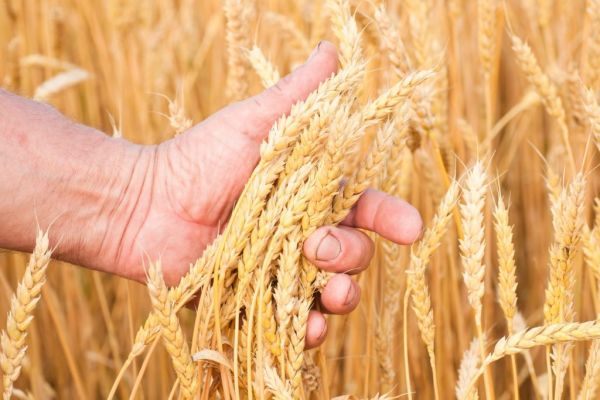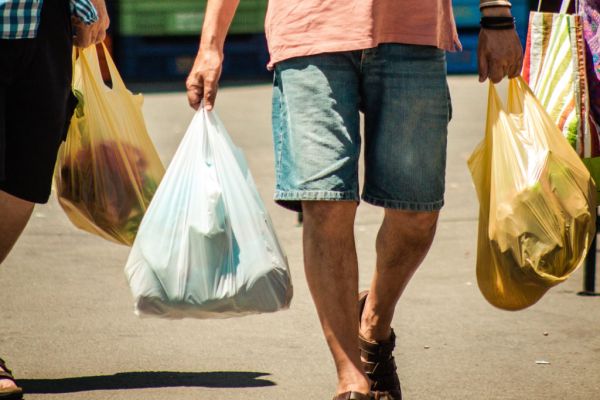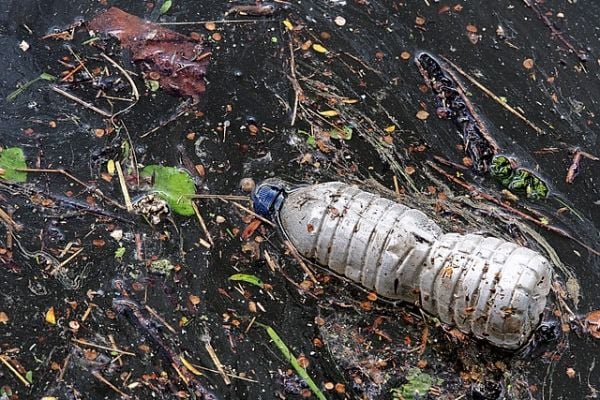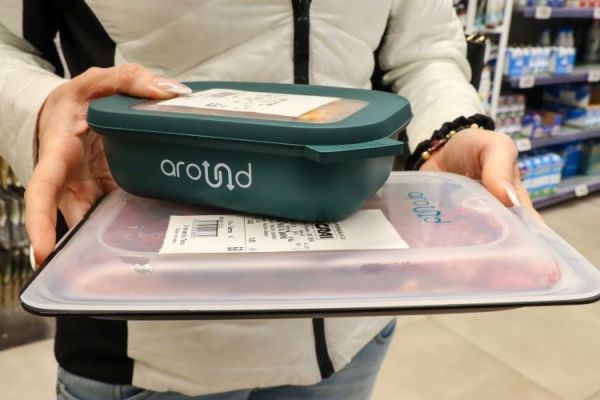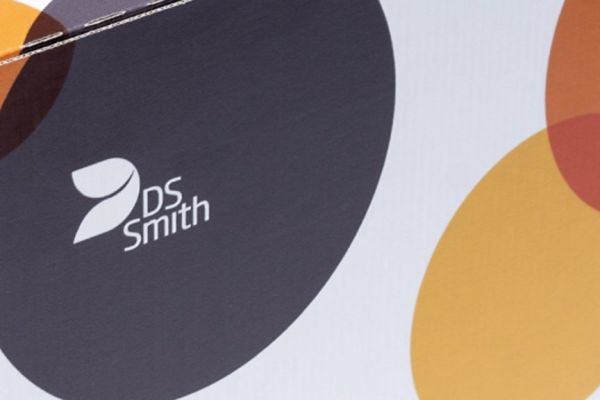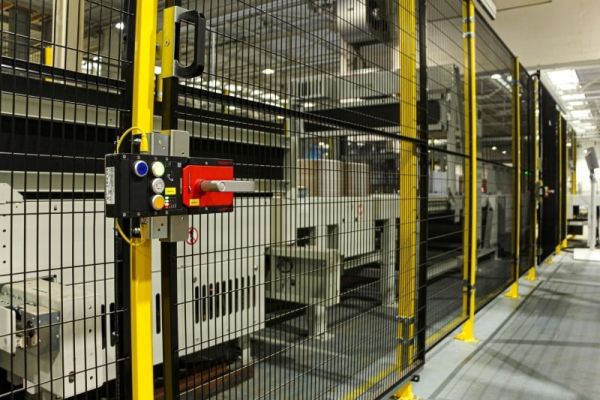German discounter Aldi Süd said that its reusable packaging boxes have saved it 60 million cardboard boxes for transporting fruit and vegetables last year.
Since the introduction of its reusable boxes in 2010, it has saved a total of over 380 million boxes of cardboard which would have been disposed as waste, according to Aldi Süd.
A recent study by the Fraunhofer Institute for Environmental, Safety and Energy Technology UMSICHT confirmed the ecological benefits of Aldi employing reusable boxes.
The study concluded that Aldi Süd and its fruit and veg suppliers were able to save more than 24,000 tonnes of CO2 equivalents and more over 30,000 tonnes of cardboard.
The reusable system outperformed one-way cardboard packaging along all sustainability metrics, including water pollution, water use, toxic pollution and the use of raw materials.
"The study has confirmed that we have taken the right path and are making a significant contribution to resource conservation," said Laura Stienen, logistics manager at Aldi Süd.
“The use of reusable transport packaging contributes to resource conservation and greenhouse gas savings, while reducing the need for cardboard packaging,” said Markus Hiebel, head of sustainability and resource management at UMSICHT.
Circular System
Aldi Süd operates a closed circular pooling system for transporting its fruit and vegetables in collaboration with a service provider since 2010.
The collapsible packaging is sent to suppliers throughout Europe, where they are filled up with fruit and sent back to Aldi Süd. The discounter then sends the packaging back to be cleaned.
Defective packaging can be repaired or reprocessed into new crates. The retailer said it plans to further expand this packaging system in order to reduce the use of cardboard packaging.
Sustainable Efforts
The retailer said it has been working for years on reducing packaging wherever possible. Over the past five years it has reduced its private label packaging by 8%, while increasing sales.
Further, it has pledged to eliminate one-way bags by 2019 and work towards implementing multiple use bags.
The company was also the first grocery retailer in Germany to allow for the use of reusable coffee cups. It gives customers availing of this option 20% extra of their beverage of choice.
The retailer said it will also test grass-based paper and sugar cane-based trays as packaging alternatives for its organic tomatoes in the second quarter of 2018.
Last month, the Aldi Süd and Aldi Nord announced that they planned to only use sustainably-sourced wood and wood-based products by the end of 2020. Prior to that, the discounters also pledged to source all flowers and plants from sustainable sources for their Aldi branches and their online range, Aldi Blumen.
© 2018 European Supermarket Magazine – your source for the latest retail news. Article by Kevin Duggan. Click subscribe to sign up to ESM: The European Supermarket Magazine.
